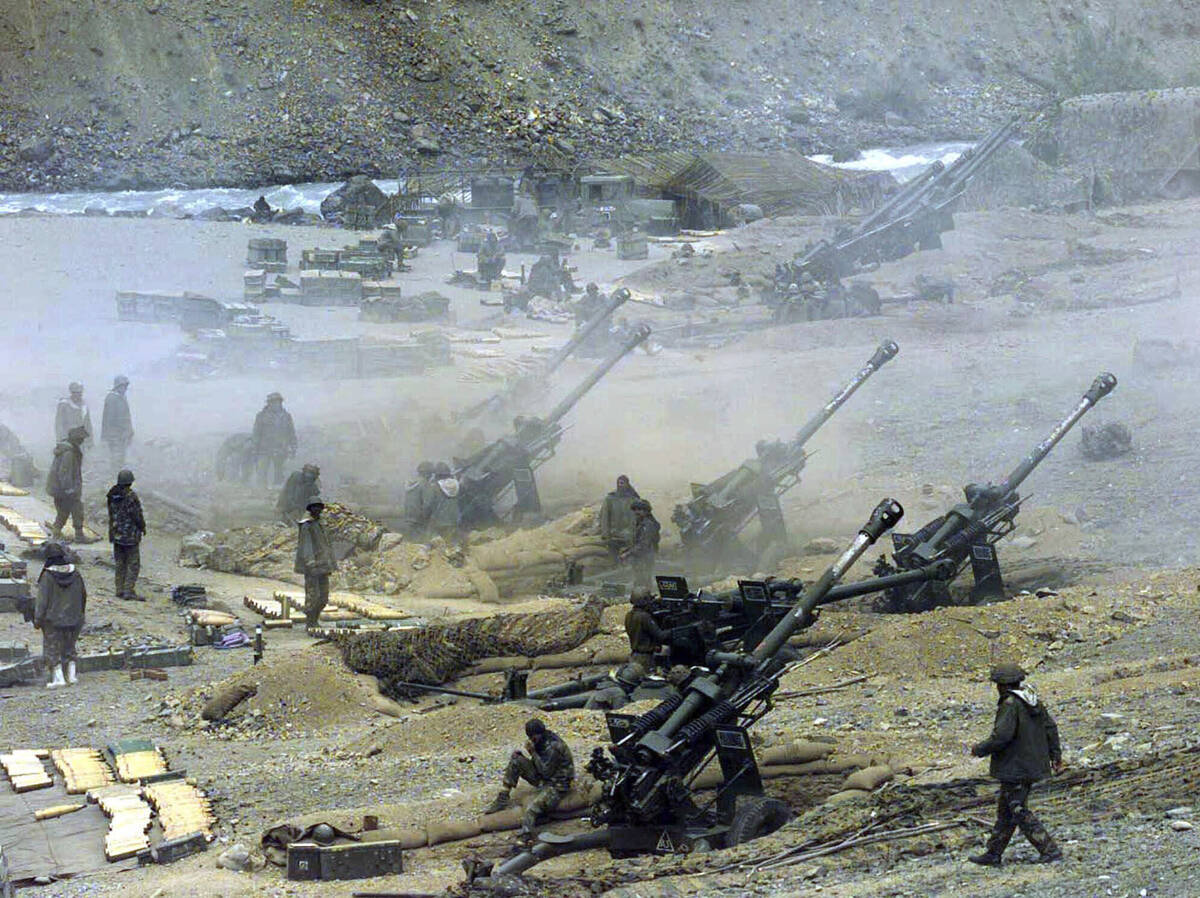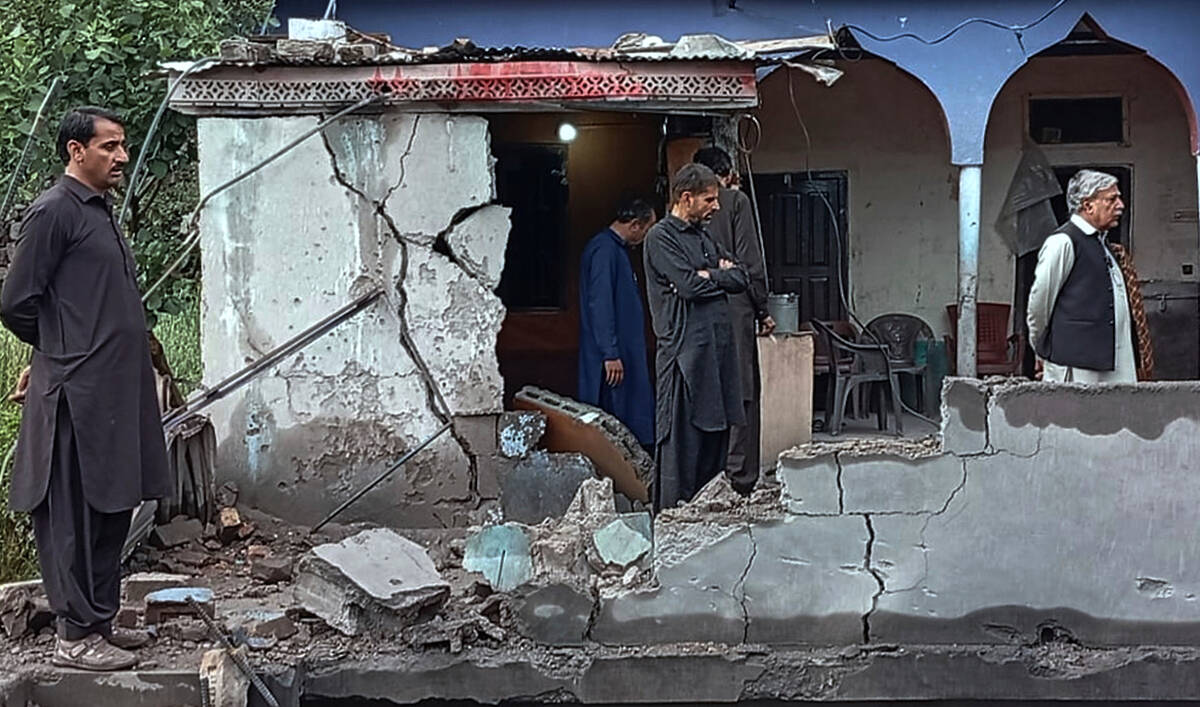PESHAWAR: The Khyber Pakhtunkhwa (KP) Assembly is due to hold a session next week to give its approval to the constitutional amendment passed by the National Assembly and the Senate of Pakistan for the merger of the Federally Administered Tribal Areas (FATA) and KP provinces.
The KP government spokesman and lawmaker, Shaukat Yousafzai, said the KP Assembly would hold its session on on May 27. “During the session, we plan to discuss an amendment to let Malakand division remain a tax-free zone, although the merger plan mentions it as a tax zone.”
After the provincial assembly’s approval, the bill will go to the president of Pakistan, who will issue an executive order for the KP-FATA merger.
“Once the president issues the executive order, the political agents will become deputy commissioners and the levies personnel will take the role of police. Other bureaucrats can also be transferred and all this is possible within a month,” Shaukat said.
He added, however, that the future of the Frontier Constabulary is still uncertain. “The Frontier Constabulary is a force meant for Frontier Regions (FRs). It is yet to be decided whether they will also be made a regular police force or not,” he said.
The FATA Director of Information Secretariat, Abdul Salam Wazir, said that changing the roles of bureaucracy there plus postings and transfers can be done without much delay, "but some issues, such as land revenue records that do not exist in FATA at the moment, may take years," he added.
Rahim Shah Afridi, FATA Lawyers' Forum president, said that though the provincial assembly election would be held after one year and though preparing revenue records might take even more years, the major focus should nevertheless be on FATA development schemes.
“Our main concern now should be the 100-billion-rupee fund to be given to FATA so that it is used transparently for the area’s development,” he said.
FATA has been ruled under the Frontier Crimes Regulation (FCR), a set of laws imposed by the British in 1901. The FCR gives all executive and judicial powers to the political administration of FATA under this law.
The FCR continued to exist in FATA after Pakistan was created in 1947.
During the Cold War, FATA was the main source of Afghan and Arab fighters during the Russian invasion of Afghanistan. FATA witnessed a great deal of violence after 2002 and when the Tehreek-e-Taliban Pakistan (TTP) emerged in the tribal belt, that prompted military operations by the Pakistan Army.
























